
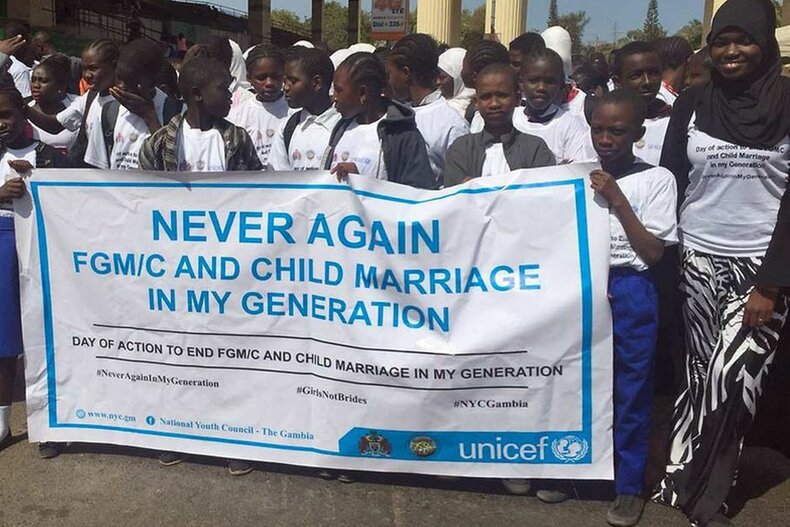
On April 7, 2024, we mark World Health Day. Yet, today's world is still unequal, as millions of people's right to health is increasingly being undermined, not only as a result of many military conflicts and wars but also as a result of political disobedience to general human rights laws. On this World Health Day, we would like to draw attention to the issue of female genital mutilation (FGM) in Gambia.
In a significant turn of events, lawmakers in the small West African nation of Gambia have voted to advance a bill aimed at repealing the ban on Female Genital Mutilation (FGM), marking a contentious move that has sparked both national and international debate. If the bill successfully passes its final round of voting, Gambia will become the first nation globally to roll back protections against this harmful practice.
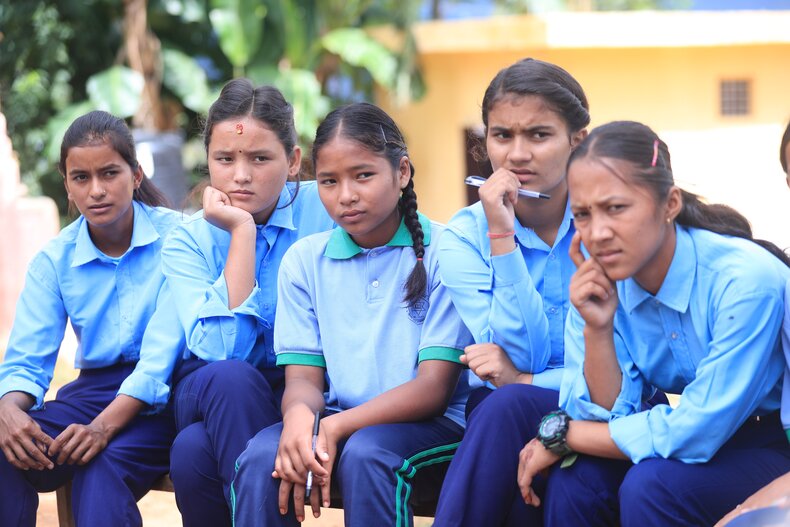
The decision to reconsider the ban comes after years of legislative and societal struggle surrounding FGM in Gambia. Initially implemented in 2015, the ban was not rigorously enforced until last year, resulting in the imposition of hefty fines on three practitioners. Despite legal barriers, statistics paint a grim picture of the prevalence of FGM in the country. A 2010 survey among women aged 15–49 revealed a staggering prevalence rate of 76.3%, indicating the deep-rooted nature of this harmful tradition.
During or after FMG, immediate medical complications can include severe bleeding, infections, and long-term health issues such as chronic pain and psychological trauma. Despite these risks, ambiguous cultural and religious justifications continue to perpetuate the practice in many communities.
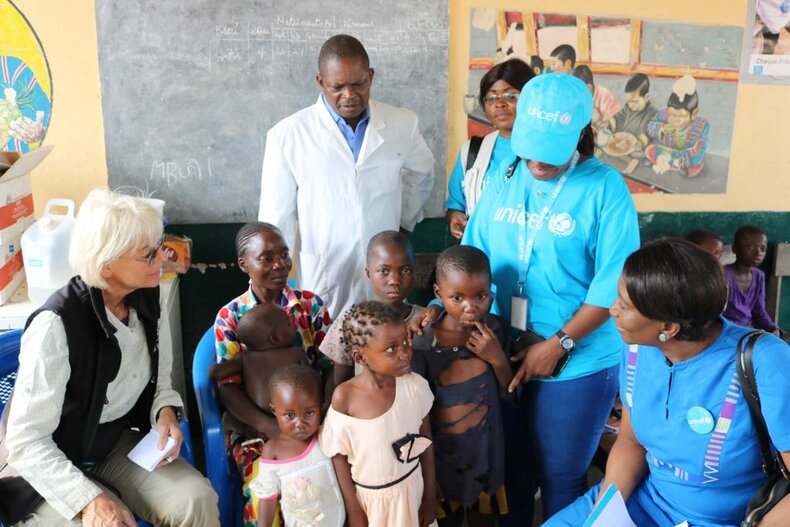
According to the latest article in the New York Times, of the 47 members of the Gambia National Assembly present during the recent vote, 42 supported advancing the bill to overturn the ban, while four voted against it, and one abstained. As we have a look at the disappointing situation, the gender gap in the Assembly - there are only five female parliamentarians out of 58 - raises serious concerns about how women will be represented in conversations about a practice that mostly affects young girls.
Emmanuel Joof, head of Gambia’s National Human Rights Commission, highlighted this issue in the New York Times, stating, “They have no say,” underscoring the lack of female voices in decision-making processes regarding FGM.
“This imbalance worries me, given the profound impact on the lives and well-being of women and girls,” adds Ann Kathrin Linsenhoff.
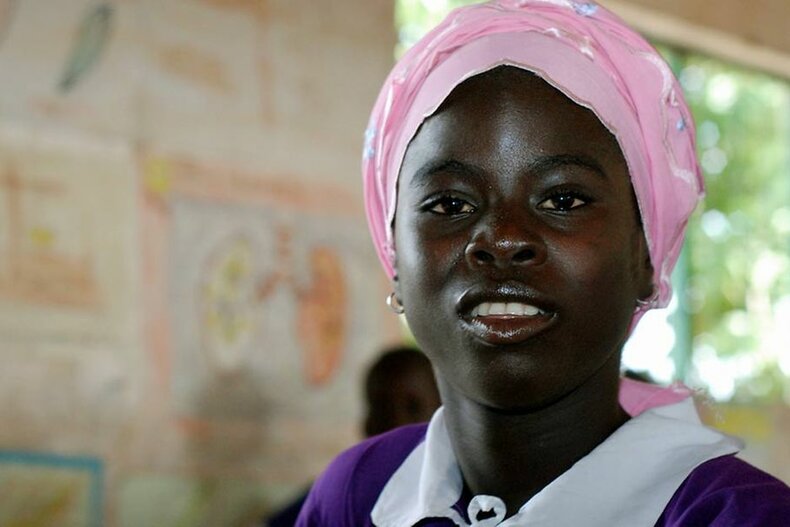
Supporters of the bill, including government officials and religious leaders, argue that FGM is a religious obligation and an integral aspect of Gambian culture. However, there is a silver lining as Fatou Baldeh, one of Gambia’s leading opponents of genital cutting, challenges this notion. She shared a hopeful thought last week, highlighting women's empowerment, “If you don’t cut a girl, she’s not going to cut her future daughters.” This idea underlines the cyclical and anti-women nature of the practice and inspires the potential for generational change.
Unfortunately, despite a long fight for independent and not patriarchally premeditated choice for women, statistics reveal the staggering scale of FGM globally, with over 200 million female individuals estimated to have undergone the procedure. In this case, Africa bears the brunt of this burden, with over 144 million cases reported.
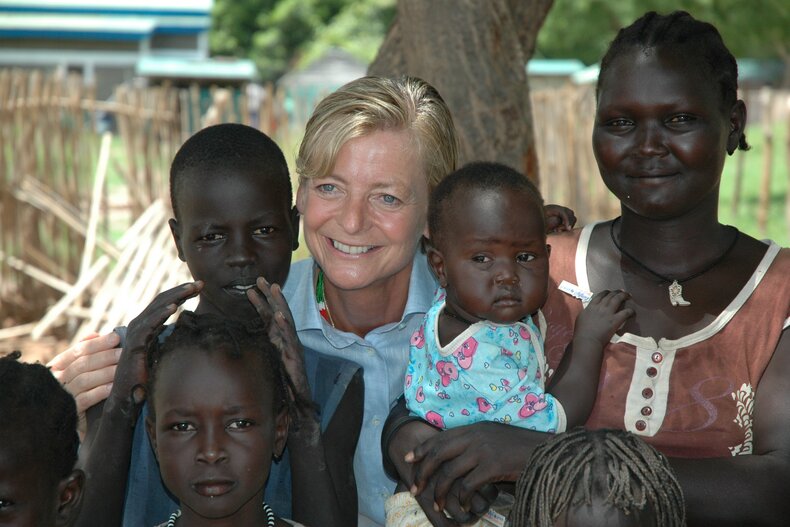
As of this day, FGM is widely condemned by international treaties and conventions, along with national legislation in numerous countries. For instance, article 25 of the Universal Declaration of Human Rights asserts the right to health and well-being, opposing the mentioned practices. It is recognized as violence against women under the UN Convention on the Elimination of All Forms of Discrimination against Women and as a form of torture under the Convention against Torture and Other Cruel, Inhuman, or Degrading Treatment or Punishment. Additionally, FGM violates the Convention on the Rights of the Child, as it often targets minors. In 2008, a joint interagency statement by 10 UN organizations emphasized the urgency of ending FGM and protecting individuals' rights.
“Fighting alone is a struggle, but battling together is a path to change,” states Ann Kathrin Linsenhoff, as in total, 400 million people – two-thirds of the population – in practising countries in Africa and the Middle East say they want the practice to end. This underscores the growing global consensus against FGM and the urgent need for action to eradicate this harmful practice.
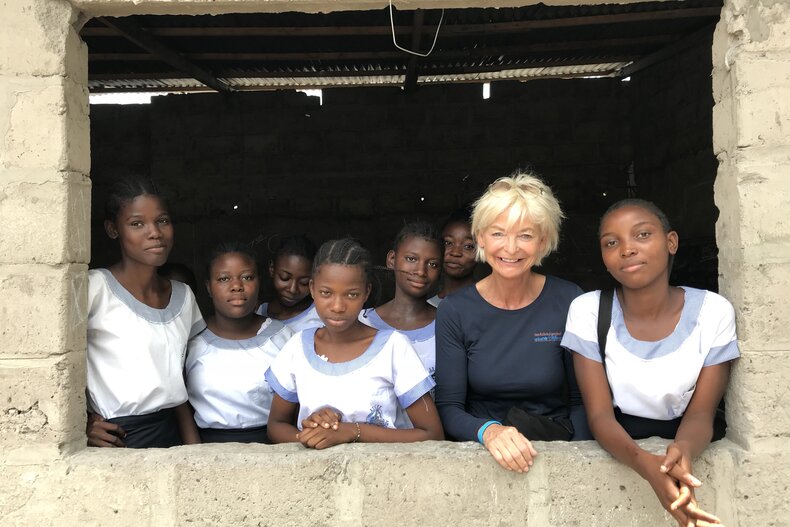
Continuously, the fight against FGM is gaining momentum, with campaigns and international advocacy efforts pushing for its eradication. In Gambia, anti-cutting campaigners have mobilized outside Parliament later in March, advocating for legislative measures to end the practice.
Today we say, that despite obstacles, there is hope for progress. According to UNICEF, nations like Burkina Faso, Ethiopia, and Sierra Leone, work as an example that unified efforts can reduce instances of FGM. One of the keys to changes is education prioritisation, community engagement, and legislative reforms, cutting could potentially be eradicated within a generation.
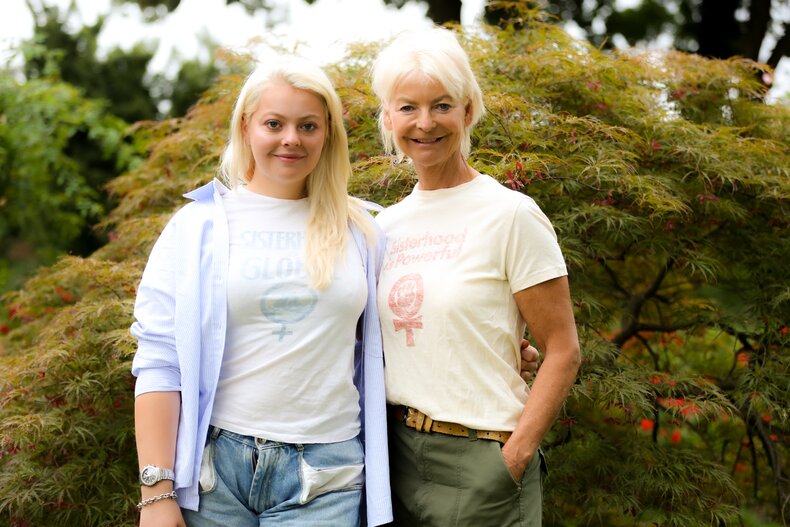
Together, we can make a change, raise awareness of women’s rights protection issues and stop the abolition of the FGM ban!
Yours
sincerely

